 |
 |
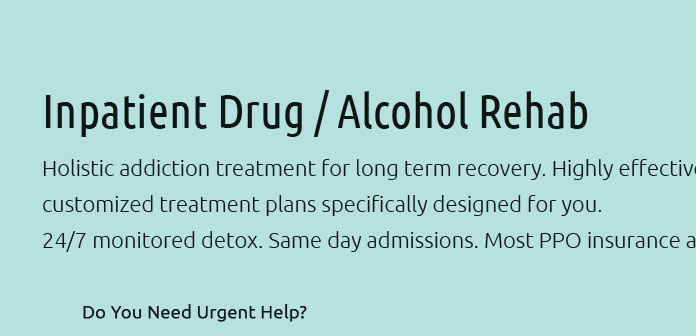 |
 |
 |
 |
||
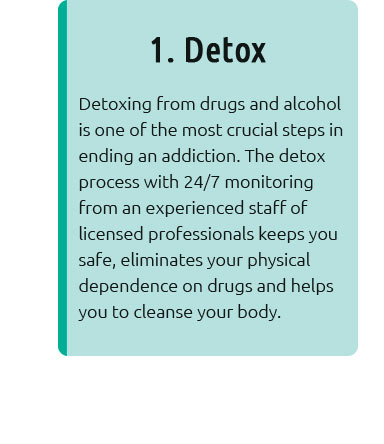 |
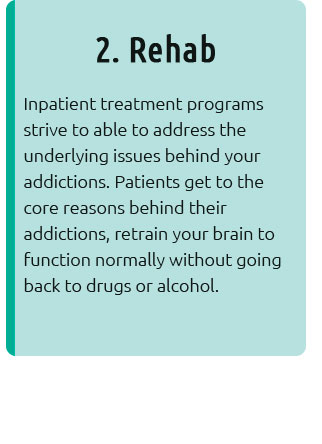 |
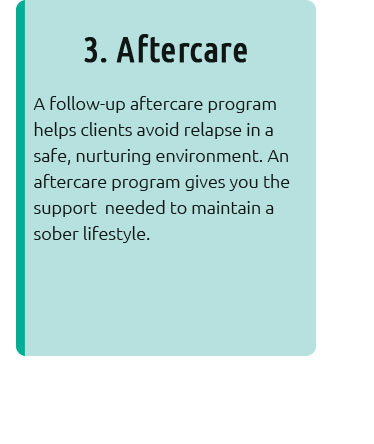 |
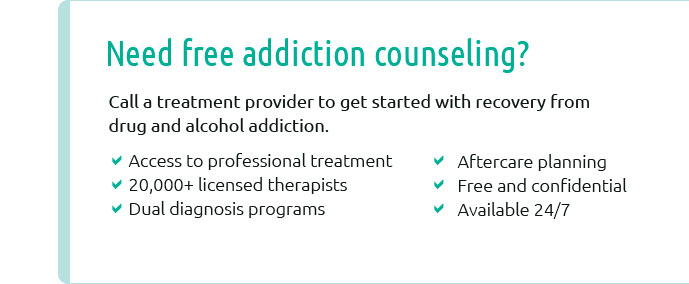 |
 |
 |
 |
||
 |
||
 |
||
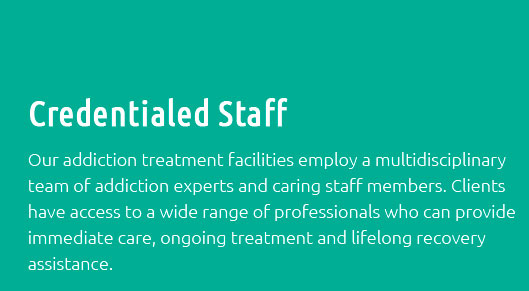 |
 |
 |
|
 |
|
|
Welcome to a transformative journey at our Inpatient Drug and Alcohol Rehab, where every day is a step closer to freedom; here, alcoholic recovery isn't just a goal-it's a reality, crafted through personalized care, unwavering support, and an empowering community that understands you; we don't just treat addiction, we celebrate resilience and embrace the courage it takes to reclaim your life-this is not just rehab, this is your launchpad to a renewed existence, where healing is holistic, progress is palpable, and every victory, no matter how small, is a powerful testament to your strength and determination; step into a future where you are not defined by your past, but by the endless possibilities of a life reclaimed.
https://adf.org.au/talking-about-drugs/family-and-friends/supporting-recovery/
Is somebody you care about going through alcohol or other drug treatment? As a close family member or friend, you can be a major source of ... https://www.addictioncenter.com/rehab-questions/how-do-i-help-a-recovering-addict-or-alcoholic/
Recovery is a lifelong process, and a person will still need support from friends and family after leaving rehab. https://alcohol.org/alcoholism/recovery/
Learn about the recovery process from alcohol addiction and the many different options you or a loved one have to quit drinking and maintain ...
|